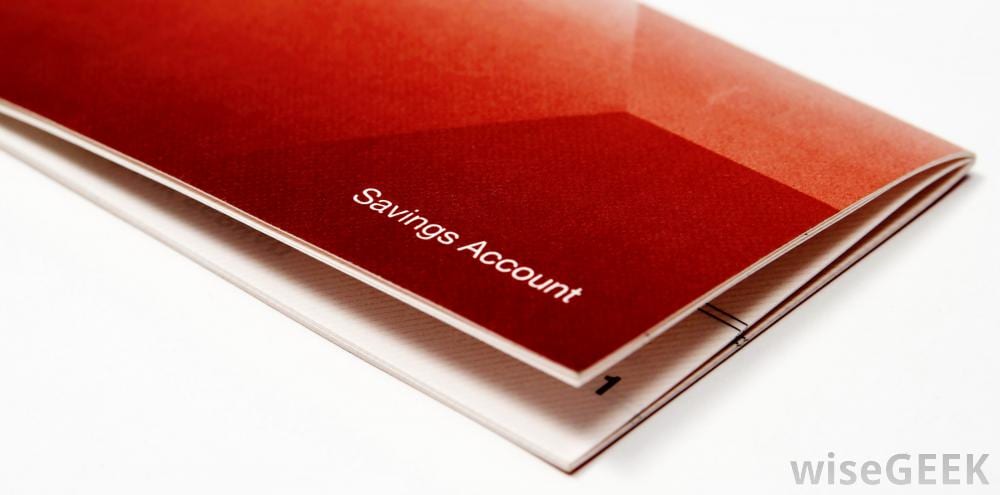Old Debts
You just got a letter/phone call about an old debt that you owe. The first consideration is to determine if you owe the money. If you do not owe the debt, simply tell the collection company that you do not owe the money. Ask them to send you copies of any documentation that proves otherwise. When they say that they do not have to send you any papers or that they do not have to prove to you that you owe the money – be very clear – yes, they do have to prove that you owe the money and if they refuse to prove it, you will not pay them any money. In other words, you are not refusing to pay what you owe, but you are legally entitled to know what you owe and to whom you owe it to.
In Ontario, there is a law called The Limitations Act of Ontario which stops a creditor from suing you if your debt is over two (2) years old. The debt is still owing, of course, but the creditor cannot go to a court to collect the debt. You must be aware that if you acknowledge the debt in any way, the two-year period starts all over again. Also note that the credit bureau (Equifax Canada and Trans Union of Canada) will still list the delinquent account for six years as an R9 bad debt which will keep your credit score low. Certain debts are not subject to the two-year limitation period – these include income tax, government guaranteed student loans, child support arrears, etc.
Other provinces/territories have similar limitation periods. Ontario, Alberta, British Columbia and Saskatchewan are all two years. Quebec’s limitation is three years. The rest of Canada is six years.
Contact Rumanek & Company Ltd. for more information on bankruptcy and debt solutions. Or please fill out the free bankruptcy evaluation form. To learn more please visit our YouTube Channel. Rumanek & Company have been helping individuals and families overcome debt for more than 25 years.



 area of expertise. The periods of non-repayment and interest relief of your student loan debt have been maxed out. You are starting to get letters and/or phone calls from a collection agency. A friend tells you that he was in the same situation last year. He solved his problem by paying his student loan payments with his credit card. His logic was that the collection agency got off his back and he had no stress. If he got a good job, there would be enough money to pay everyone – even though he knew that the interest on the credit card was higher than the interest on the student loan. Plus, he got “points” on his credit card. The friends’ research pointed out that if he ever had to go bankrupt in the future, all of the credit cards debt should be included in the bankruptcy but student loans could not be included in the bankruptcy unless he was out of the school for more than seven years. He had the ultimate “win-win” situation.
area of expertise. The periods of non-repayment and interest relief of your student loan debt have been maxed out. You are starting to get letters and/or phone calls from a collection agency. A friend tells you that he was in the same situation last year. He solved his problem by paying his student loan payments with his credit card. His logic was that the collection agency got off his back and he had no stress. If he got a good job, there would be enough money to pay everyone – even though he knew that the interest on the credit card was higher than the interest on the student loan. Plus, he got “points” on his credit card. The friends’ research pointed out that if he ever had to go bankrupt in the future, all of the credit cards debt should be included in the bankruptcy but student loans could not be included in the bankruptcy unless he was out of the school for more than seven years. He had the ultimate “win-win” situation.
 (operating line of credit to finance inventory, accounts receivable, etc.). You go to your bank and they look at your credit score. The credit score is a number (from 300 to 850) that is based on a number of factors such as your payment history (35% of total), how much of your available credit have you already used (30% of the total), what type of credit you have and how long have you had the credit, as well as how many creditors that you have in total.
(operating line of credit to finance inventory, accounts receivable, etc.). You go to your bank and they look at your credit score. The credit score is a number (from 300 to 850) that is based on a number of factors such as your payment history (35% of total), how much of your available credit have you already used (30% of the total), what type of credit you have and how long have you had the credit, as well as how many creditors that you have in total.